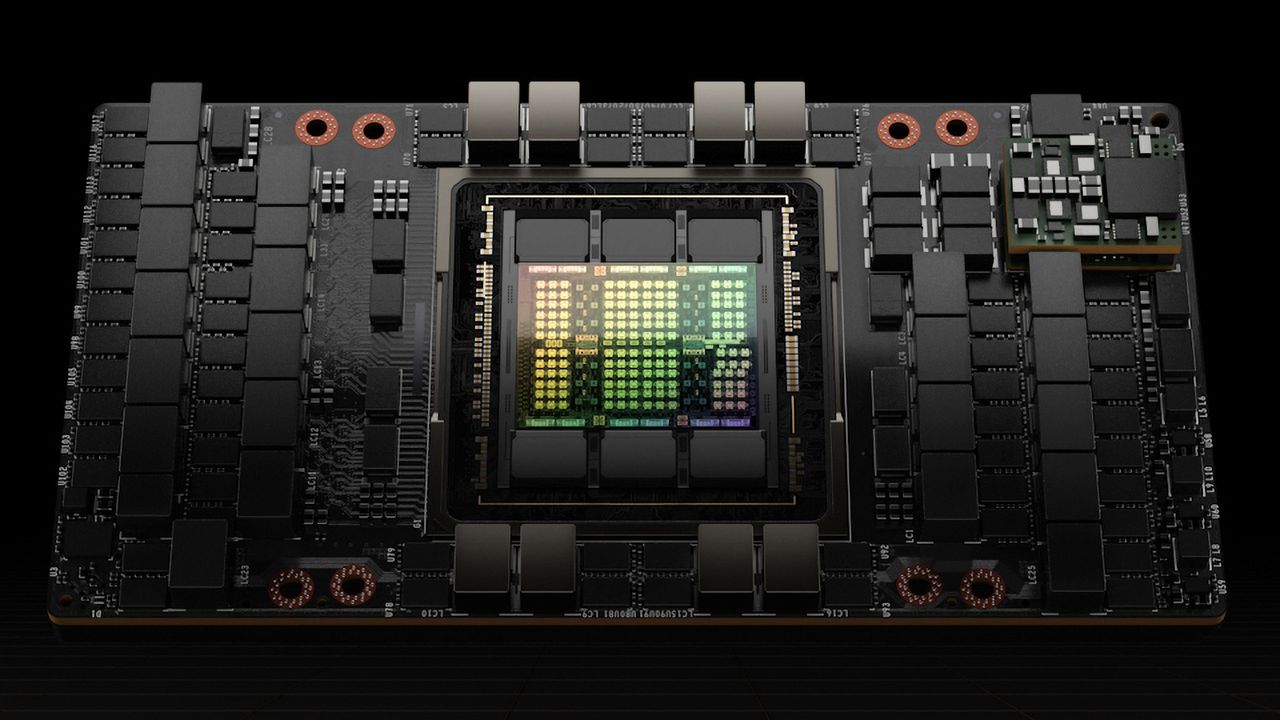
Although Nvidia is now permitted to sell its H20 HGX GPU to Chinese entities without a mandatory U.S. export license, the company may face an unexpected roadblock. According to a Reuters report, China now questions the security of the processor. China's concerns stem from fears that the hardware might expose user data or contain hidden tracking functions.
The Cyberspace Administration of China (CAC) recently subpoenaed Nvidia for a meeting to explain whether the H20 processor includes any security vulnerabilities. This is essentially a response to a U.S. legislative proposal requiring export-restricted AI accelerators (such as Nvidia's H100, H200, B100, and B200) to include tracking and location-check features. Chinese officials are reportedly worried that such additions could endanger personal information.
There are a couple of catches though. The H20 GPU is a cut-down version of the H100 that was created as a tailored solution for China after the U.S. imposed export limits on the performance of processors that can be shipped to China in 2023. The GPU module is not restricted (even though the U.S. government banned its exports for a while in mid-April as part of its effort to ink a trade deal with China) and to that end does not have any tracking devices onboard.
However, the concerns of the CAC may not be related to any security issues, but they could be related to a government plan to limit the sales of American GPUs to Chinese entities, which pay billions to companies like Nvidia and AMD. By contrast, Chinese authorities of are interested in supporting domestic developers and would like Chinese companies to buy AI accelerators from companies like Cambricon, Biren, or Huawei.
Tilly Zhang, an analyst for Gavekal, noted that Beijing now has more confidence in its domestic chip capabilities than in previous years, making it more willing to challenge overseas suppliers. However, analysts still acknowledge that China remains dependent on Nvidia hardware for key uses because the software stack of many (if not the majority) of companies relies on Nvidia's CUDA. Charlie Chai of 86Research suggested that the warning may be largely a symbolic counter to U.S. demands rather than a serious attempt to restrict Nvidia's business. Therefore, despite the ongoing scrutiny, do not expect an outright ban on Nvidia's hardware.
China has a history of accusing U.S. tech companies of security risks. In early 2023, it banned key infrastructure players from buying from Micron. It also raised similar issues with Intel, though those did not result in official government actions.
Follow Tom's Hardware on Google News to get our up-to-date news, analysis, and reviews in your feeds. Make sure to click the Follow button.







